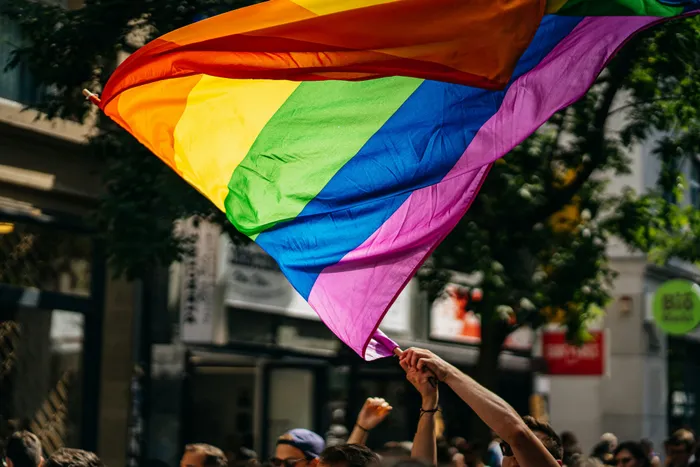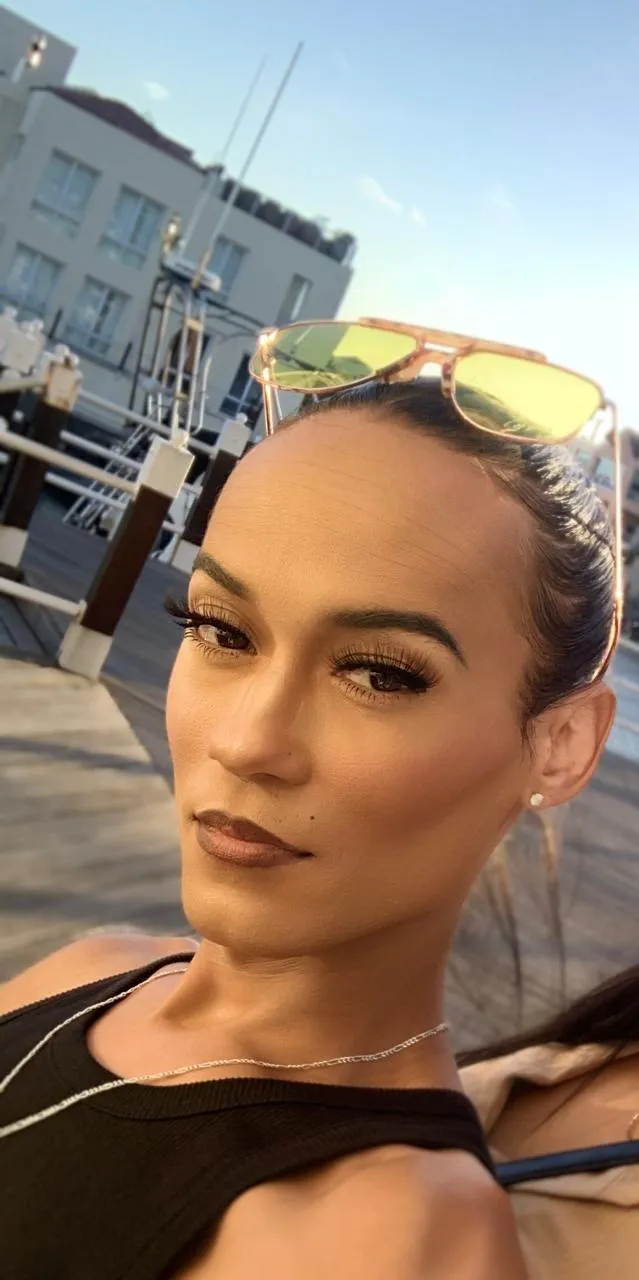Pride Month in South Africa: the gap between legal rights and lived realities

June is Pride Month
Image: Unsplash
As June dawns and South Africa steps into Pride Month, the contradiction between what is promised and what is lived becomes impossible to ignore. On paper, South Africa boasts one of the most progressive constitutions in the world — a beacon of equality, dignity, and protection for all, regardless of sexual orientation or gender identity.
But for many in the LGBTQIA+ community, especially those living on the margins, that promise remains unfulfilled. Legal protections offer hope, but discrimination persists, violence goes unchecked, and many queer South Africans still live in fear, forced to justify their existence in a society that too often refuse to see them.
For organisations like Ilitha Labantu, Pride Month is not just about rainbow flags and celebration — it is a solemn call to affirm the rights, dignity, and safety of LGBTQIA+ persons. Siya Monakali of Ilitha Labantu said: “The LGBTQIA+ community is not a homogenous group. Our experiences are shaped by race, class, gender, and geography — and too often, those at the intersection of these identities bear the brunt of exclusion and violence.”
Monakali explained that while the Constitution offers strong protections, systemic discrimination persists — particularly against Black lesbian women, transgender individuals, and those living in poverty.
This is a reality Taswald Ruiters, a transgender woman based in Cape Town, has experienced first hand.
“There is no question that the Constitution is set to protect the transgender community,” Ruiters said. “It makes us feel seen and heard. However, there is still work that needs to be done.”Despite legal protections, economic exclusion remains widespread.
“Our brothers and sisters are jobless. The Constitution says no person should be discriminated against based on sexual orientation or gender identity — but that’s just not enough. The public sees you as different, and that is not what the workforce wants.” She recalled an incident in which she was discriminated against for using a female restroom in a government building.
“The facility had no specific protections in place for transgender persons. When I reported it, the response I received from authorities was that they would look into it and update the regulations in due time. These are not future issues — they are happening now. My question is: is this missed communication, or just disregard?”

Taswald Ruiters
Image: Supplied
Ruiters began her transition at the age of 30.
“It felt impossible at first, like it was too late in my life — but I regret nothing,” she said. After five years on hormone replacement therapy, she saw improvements — but recent funding cuts have limited access.
“The medications we need to aid in our transition are no longer being provided. The influence of other countries has unfortunately diminished the efforts we’ve made towards inclusivity.”
She reflected on how the gap between law and lived experience affects dignity. “This country has come far. It sometimes feels like a privilege just to be able to practice your basic human rights. But why should we be made to feel privileged when, for the rest of society, it's just life as normal?
“I cannot blame anyone for their ignorance if they’ve never been educated about what a transgender person is, or how the Constitution protects us. But people must know — every action gets a reaction. Treat others the way you want to be treated.”
She called for inclusive LGBTQIA+ education in high schools.
“We have progressive young people. Education would help promote inclusivity and allow them to make positive changes in their homes and communities,” she said. As a parent to a five-year-old, she said that primary school learners may not yet be ready for conversations about gender identity — but respect can and should be taught early.
Globally, increasing anti-trans rhetoric — especially in the United States — casts a shadow. Former President Donald Trump has pledged to ban gender-affirming healthcare and restrict transgender participation in sport if re-elected, a stance that emboldened right-wing movements worldwide. South African advocates warn these ideas, spread online and through media, risk reversing hard-won progress.
Luiz De Barros, founder and editor of MambaOnline.com — South Africa’s largest LGBTQIA+ news platform noted even the most advanced legal systems can fall short.
“Although South Africa’s Constitution and legal framework offer strong protections for LGBTQ+ people, these rights often do not translate into lived realities. Discrimination, stigma, and violence remain persistent challenges in our communities,” said De Barros.
“Although the Hate Crimes Act was passed in 2023, it has yet to be fully implemented. SAPS continues to struggle with providing appropriate and sensitive services to LGBTQ+ survivors.”On transgender exclusion in sports, De Barros challenged the idea of unfair advantage.
“The notion of an ‘unfair physical advantage’ as grounds to exclude transgender athletes is often based on misinformation, sensationalism, and a lack of scientific understanding… If trans women had a consistent competitive advantage, we would expect to see them dominating podiums and breaking records regularly but this is not the case.”
“All individuals, including transgender and intersex athletes, deserve the right to participate in sports,” he added.
“We must work together across sectors — sports, science, and civil society — to develop equitable, inclusive, and evidence-based policies that uphold the dignity and rights of all athletes.”
tracy-lynn.ruiters@inl.co.za
Weekend Argus
Related Topics:
